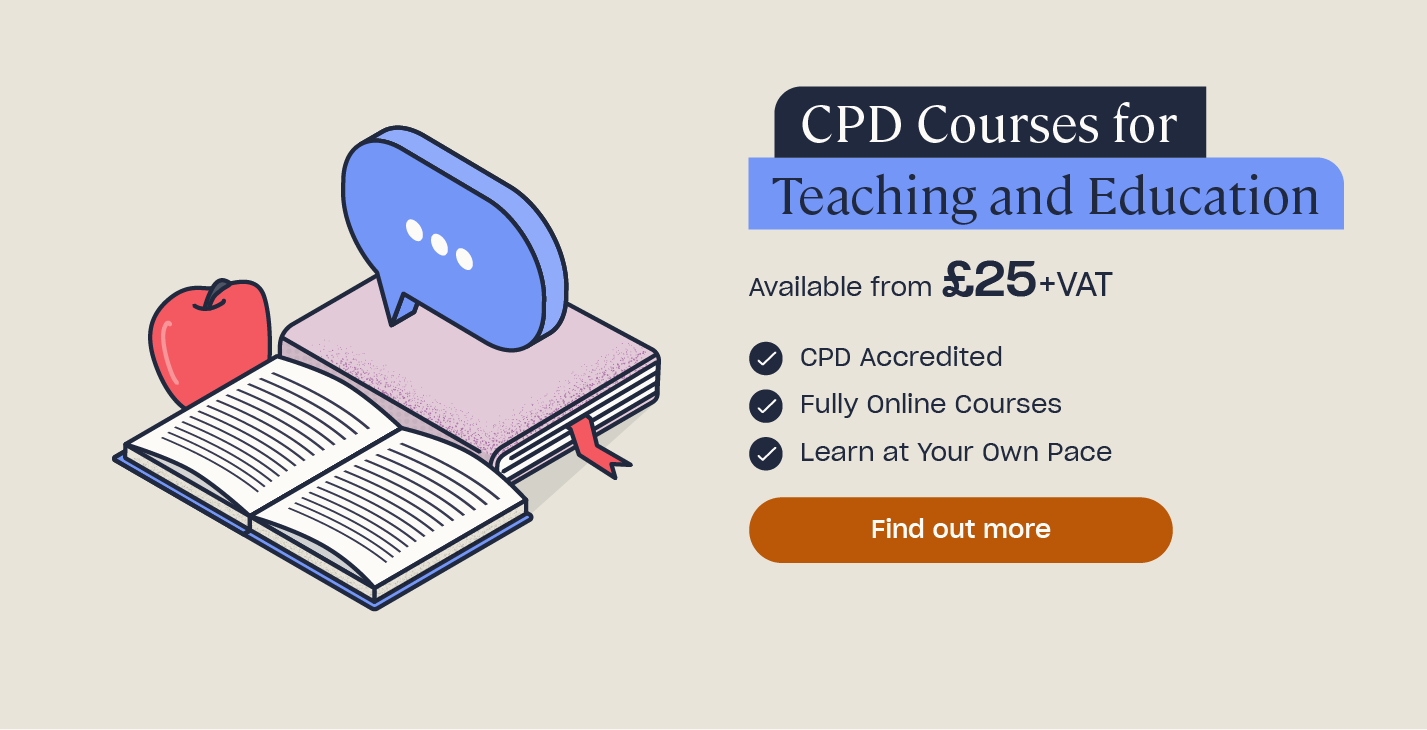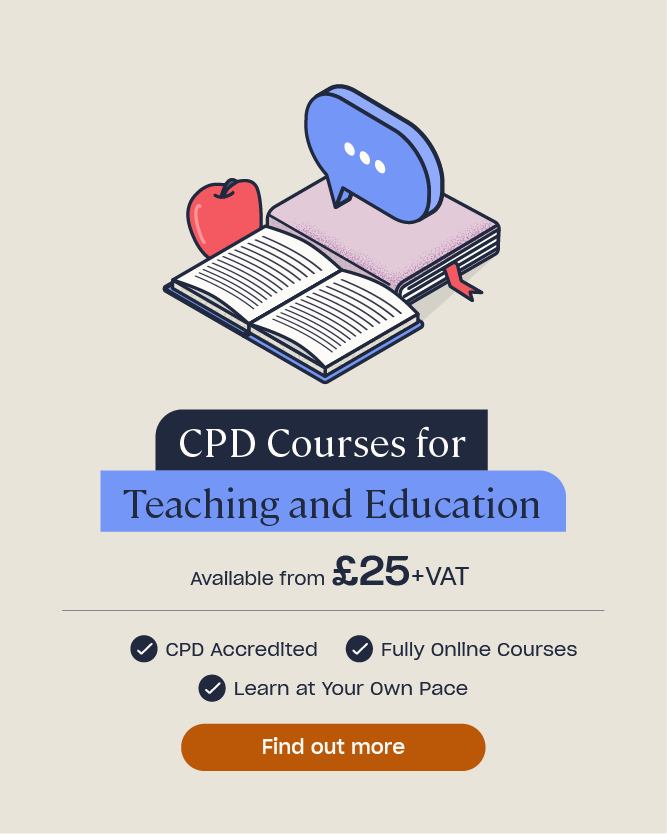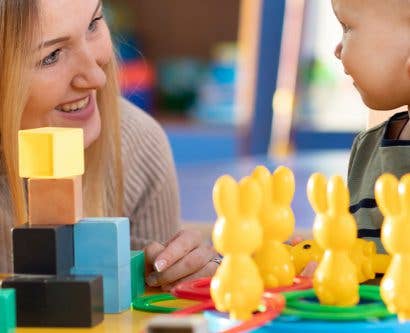Professional Development Plan for Teachers
A professional development plan is a means of recording one’s career aspirations and goals. All teachers should have a professional development plan, also known as a PDP, as they can support the active attainment of specific career goals. PDPs enable teachers to establish clear goals and identify the steps needed to achieve them. In this article we will outline everything you need to know about creating a professional development plan and provide you with a free downloadable professional development plan template.
Why is Professional Development Important for Teachers?
Professional development refers to the development of your skills, whether that be soft skills or hard skills, to support your career and its progression. Professional development is important as it prioritises continuous growth, facilitating future career opportunities and bolstering foundational knowledge. Whilst professional development is important in all careers, teachers work in an environment of constant change that makes professional development particularly important. Frequent changes to the national curriculum, regular influxes of new students and changes in wider society can all impact the environment in which a teacher teaches. It’s therefore important that you are able to approach these situations with confidence and competence. Professional development facilitates this mentality by enhancing your skills and addressing areas for improvement so that they don’t hinder your career progression.

Professional development is also important because it empowers teachers to remain invested in their career as they feel equipped to succeed. Without professional development it is easy to feel stuck in a position as it may be harder to seek out additional opportunities or you may lack the necessary qualifications to be viable for future opportunities. Professional development gives teachers the chance to gain additional knowledge which can support their confidence in the classroom. This helps to reduce burnout, thereby improving teacher retention and facilitating a positive learning environment for students.
Professional Development Ideas for Teachers
Each individual is different and will therefore have different personal career goals. There is no one size fits all when it comes to professional development and in many ways the only commonality amongst those who pursue professional development is the desire to improve their skillset. With this in mind, it’s important to remember that your professional development goals are likely to be different to your colleagues. Some people’s goals may relate to improving their job level, whilst others may want to gain the knowledge to pursue a specialism at the same level. One colleague may want to focus on their teaching style, while another wants to develop their IT skills so they can better utilise technology in the classroom. Irrespective of your goal, it’s important that they mirror what you actually want to achieve and that they are specific, measurable, achievable, relevant and time-bound (SMART).
Whilst it’s important that you tailor your professional development to your needs and hopes for the future, there are certain goals that many teachers pursue during their career in education. Below you will find examples of professional development ideas for teachers. You can use these ideas as a foundation for your own PDP or to spark an idea of other goals you may wish to pursue.

Professional development ideas for teachers include:
- To become a head of year
- To become a subject head
- To become a child behaviour specialist
- To develop IT skills in order to confidently introduce technology into the classroom
- To learn how to confidently support SEN students
Your employer should support your professional development and this is something that you should feel confident approaching them about to discuss. Professional development not only helps to support teachers but attaining new skills will also benefit the school, fellow staff and students. There are many different ways in which professional development can be implemented and some may be more suitable to your environment than others. Ways in which you can pursue professional development include:
- Online training courses
- Attending conferences/training
- Mentorship
- Shadowing colleagues
- Independent research
- Informal evaluations/feedback sessions from colleagues
Want to Learn More?
We have a wide range of CPD Courses for Teaching and Education which can support you in your career. From Challenging Behaviour Training to Designated Safeguarding Lead Training, our comprehensive courses will provide you with the knowledge to support your students and progress your career.
How to Write a Professional Development Plan
In order to ensure that your PDP is effective there are nine steps that you should follow. These are:
- Assess where you are now.
- Identify your specific career goals.
- Gather information.
- Identify what professional skills you already have and which you need to work on.
- Choose how you will accomplish your goals.
- Develop a timeline for accomplishing your specific targets and goals.
- Write it all down.
- Evaluate your plan.
- Measure your progress.
You can gain a more in-depth insight into each step of completing a PDP here.

It’s important that you’re as honest and objective as possible when writing a PDP. As mentioned, your goals should be SMART and a key part of this is attainability. Whilst it’s good to aim high and challenge yourself, you need to be realistic about what you want to achieve and what can actually be achieved, especially if there are time constraints. For example, if you set the goal of becoming the Head of English by the end of the academic year and it’s already May, that is an unrealistic goal. However, if you set the goal to attain additional training, shadow colleagues and then apply for the position with the hopes of starting that role for the beginning of the academic year the following year, this is far more achievable.
A PDP gives you the perfect opportunity to reflect on the actions that have led you to your current position. You can use this reflection to guide your next steps and assess whether you are where you thought you would be at this stage in your career. Be honest with yourself about where you are now and where you want to be in the future. It can be easy to get swept up in what we think professional development should look like and to set large goals that don’t actually match your professional goals. If you don’t want to be the head of a subject then don’t set it as a goal just because your colleague has. If you want to work on improving your teaching style and learning about different teaching methods whilst staying at the same level, that is a perfectly valid goal.
Evaluation is a vital part of achieving your goals as it enables you to measure your progress. It’s important that you take the time to assess whether you are still on track, what goals you may have already achieved or whether you need to set more manageable steps to achieve your goals. Remember, evaluation is not about criticising yourself for what you may or may not have achieved up to that point; it is a chance to realign if necessary and celebrate the quiet successes. Professional development is a continuous process and it’s important to maintain this fluidity so that you are always learning and developing which in turn will help to ensure career success throughout your lifetime.
Free Professional Development Plan for Teachers
Below you will find a free downloadable professional development plan template. The template has been filled in with an example PDP and you can use this for inspiration to develop your own. The template is fully editable so you can tailor the plan to suit you and your individual goals. Remember, any professional development goals that you set for yourself should reflect your genuine career goals. As such, you should view the examples given as guidance, not as pre-determined goals that you must achieve.
Professional development facilitates continuous growth and in turn, career progression. This can help a teacher to feel better equipped for their role and support their ambitions to attain new roles and responsibilities. Professional development plans are not regimented time tables that are set in stone, but a flexible means to assess where you are in your career and the steps that you need to take to progress further. Professional development can take many forms and a well thought out plan enables you to explore different methods to effectively support your professional growth.
Further Resources:
- Effective Classroom Management: Tips for Teachers
- Technology in Education
- CPD Courses for Teaching and Education











